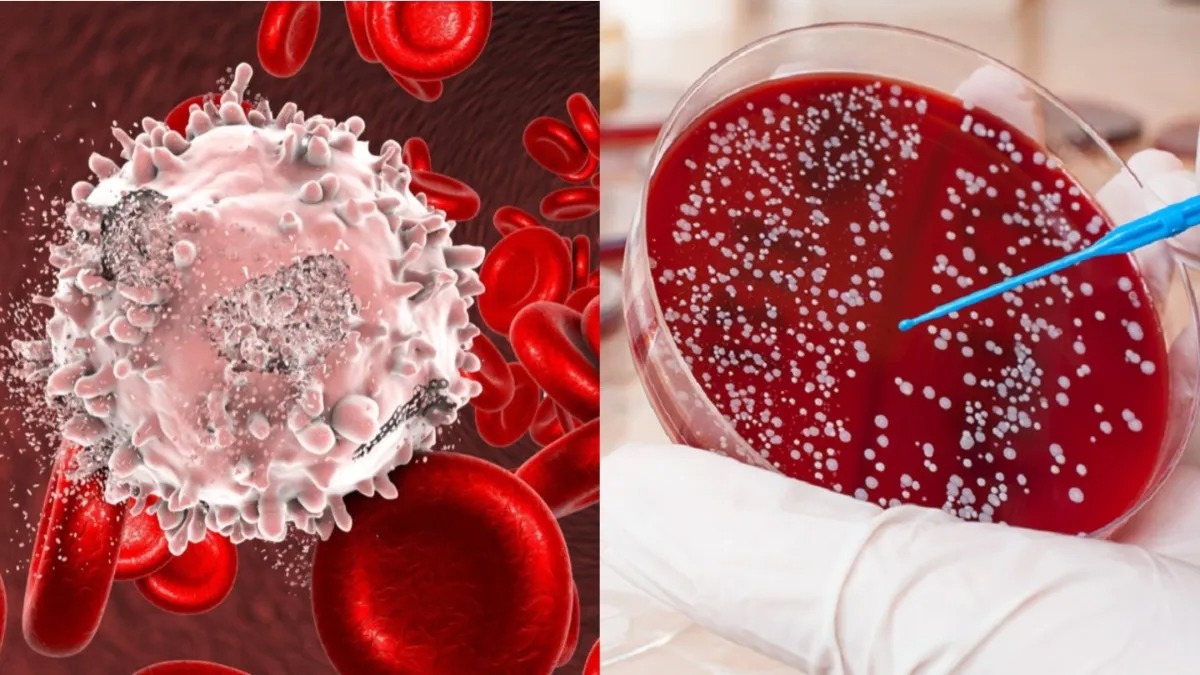
Cancer is a disease that causes the death of about 10 million people every year. It is the second leading cause of death. There are many types of cancer, one of them is blood cancer, which is also known as hematologic cancer. As soon as the name of blood cancer comes to mind, the first thing that comes to mind is death! But if you become aware of this disease, then it can be prevented with the help of treatment. In such a situation, Dr. Vigyan Mishra, Lab Head at Newberg Diagnostics, Noida, is telling how to recognize the symptoms of this disease and which tests should be done to detect blood cancer.
These symptoms start appearing when blood cancer occurs:
- Fatigue: Persistent fatigue is one of the earliest and most common symptoms of blood cancer. This fatigue is often severe and does not improve with rest.
- Frequent infections: Blood cancer weakens the immune system, leading to frequent infections. Patients may find themselves susceptible to frequent colds, flu, or other infections.
- Easy bruising: Easy bruising, frequent nosebleeds or bleeding gums can be early symptoms of blood cancer. This is due to a lack of platelets.
- Enlarged lymph nodes: Enlarged lymph nodes, especially in the neck, armpits, or groin, can be a sign of lymphoma, one of the types of blood cancer.
- Fever and night sweats: Unexplained fever and night sweats are also early symptoms of blood cancer. These symptoms often come and go and may not be associated with an obvious infection.
Get these tests done to detect blood cancer:
- CBC Test (Complete Blood Count): When blood cancer is suspected, the doctor first recommends a CBC test. The CBC test measures the levels of red blood cells, white blood cells, and platelets in the blood.
- Bone Marrow Biopsy: This test helps to find out whether cancer or any other disease is affecting the blood cells or the marrow. It also reveals the extent of the disease. In bone marrow biopsy, a needle is inserted into the hip bone for examination. This test is important for leukemia, lymphoma, and myeloma.
- Flow cytometry: This test analyzes the physical or chemical properties of cells in a blood or bone marrow sample. This helps identify cancer cells on their surface, aiding in diagnosis.
- Imaging Tests: In imaging tests, the parts of the body where lymph nodes are enlarged are examined. X-rays, ultrasound, CT scans, or PET scans may be used in these tests to check for tumors or other signs of blood cancer.
- Cytogenetic Testing: This test analyzes a person’s blood, tissue, or bone marrow to identify genetic abnormalities.
 Suspense Crime Sach Ka Dam
Suspense Crime Sach Ka Dam


